Vietnamese student gets US visa for global science fair after double denials
He was grilled for three minutes in English before getting the green light.
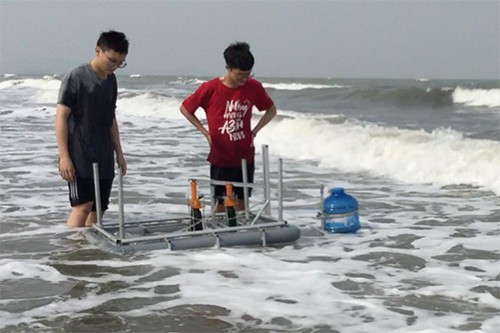
Mai Nhat Anh (R) and Phung Van Long with their project to distill saltwater into freshwater. Photo by VnExpress/Nguyen Hai
A 12th grader from central Vietnam was on the verge of losing his opportunity to attend a global science fair in the U.S. due to visa issues, but has finally had his application accepted after two previous rejections.
Mai Nhat Anh from Phan Boi Chau High School in Nghe An Province and his supervisor Mai Van Quyen finally received their U.S. visas on Tuesday morning and are now ready to flight out on Friday to take part in the Intel International Science and Engineering Fair (Intel ISEF) on Sunday.
Along with fellow student Phung Van Long, Anh will present their distillation invention at the fair.
Their invention is one of seven selected for the Intel ISEF this year, but the U.S. embassy in Hanoi had previously only granted a visa for Long and had rejected Anh and Quyen's applications twice, without specific explanation.
For the third application, the embassy spent three minutes interviewing Anh in English in more detail than his previous interviews.
Last year, Pham Huy, a high school student from central Vietnam, also had two visa applications rejected to attend the fair in the U.S.
After the third interview, which followed special requests from Vietnam's government and widespread media reports, he finally made it and claimed third prize for a robotic arm invented for disabled people.
Intel ISEF is the world’s largest international pre-college science competition.
Each year, approximately 1,800 high school students from more than 75 countries, regions, and territories are awarded the opportunity to showcase their independent research and compete for an average $4 million in prize money.
VNF/Vnexpress
Recommended
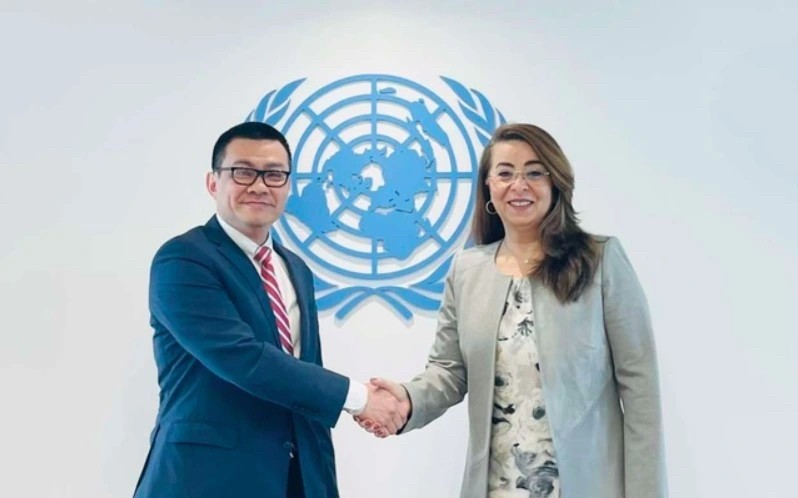 National
National
Vietnam News Today (Apr. 19): UN, Vietnam Step Up Efforts on Cybercrime Convention
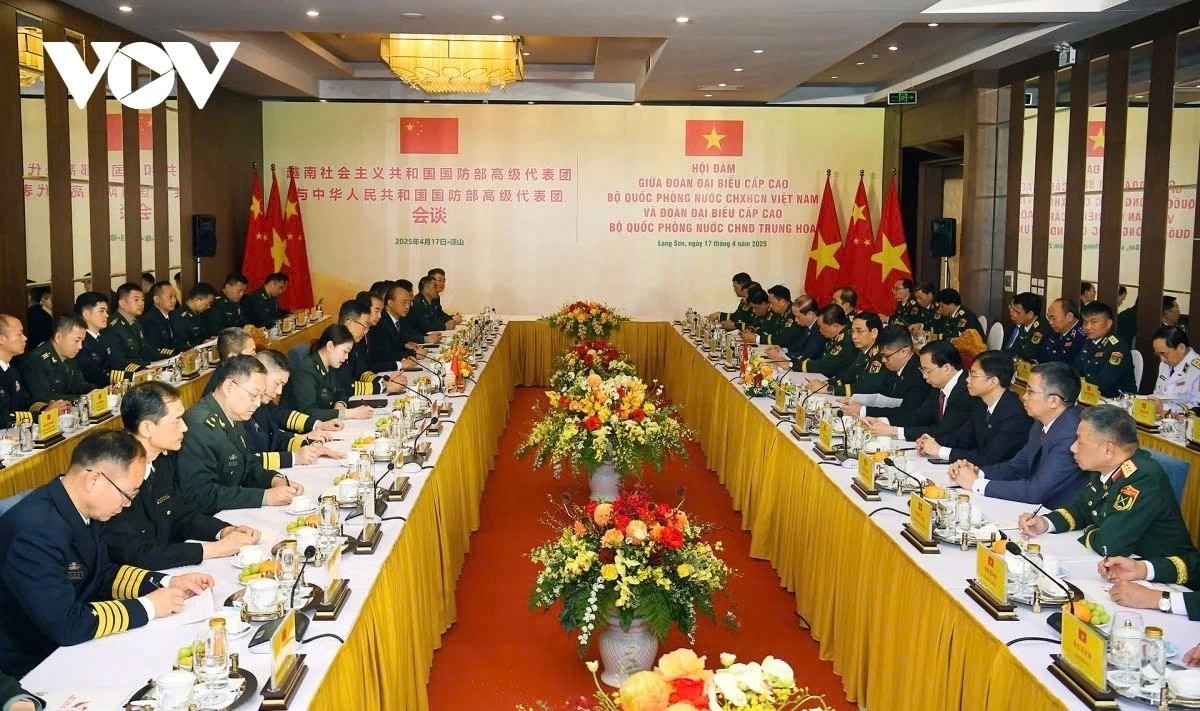 National
National
Vietnam News Today (Apr. 18): P4G Summit in Vietnam - Beacon of Hope for Global Climate Action
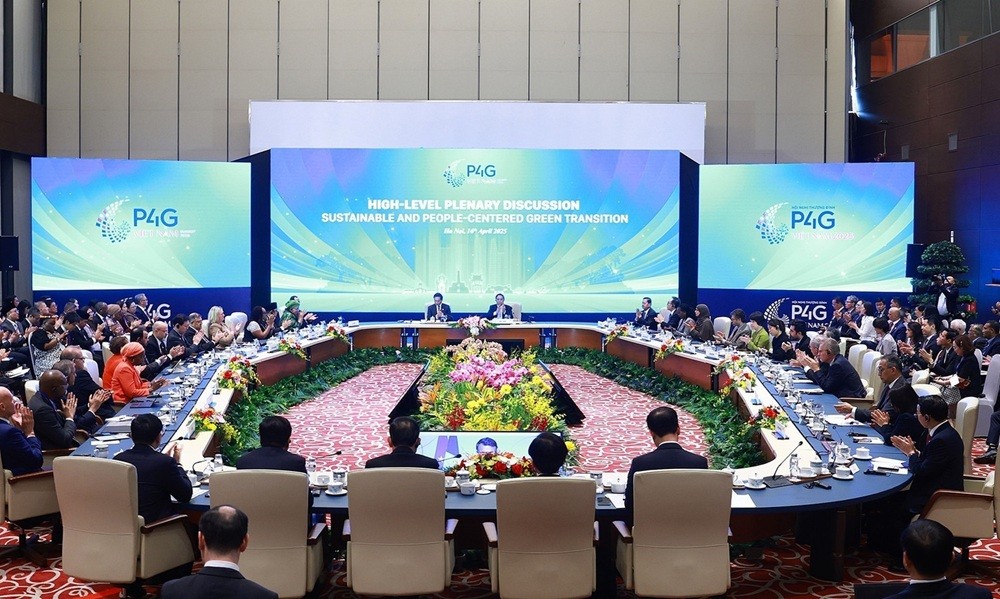 National
National
People must come first to achieve development goals: P4G
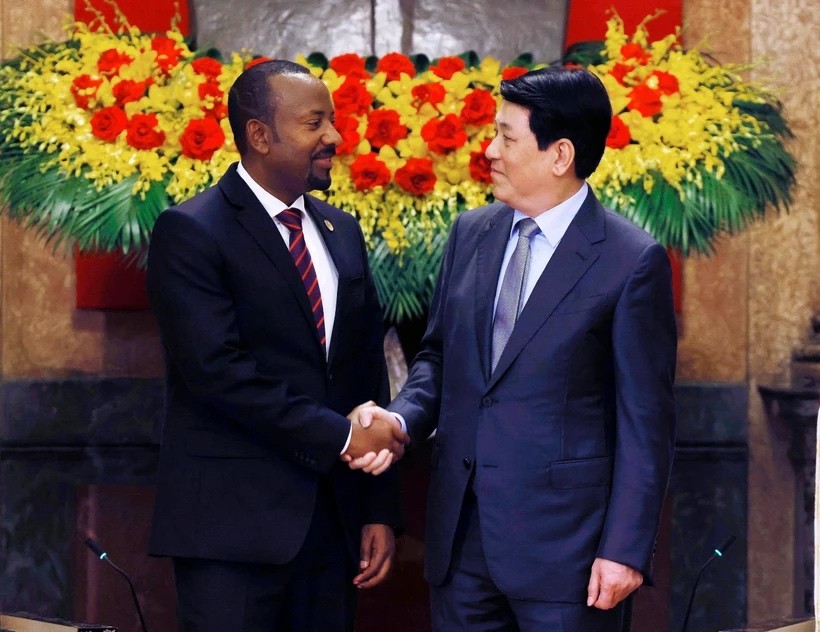 National
National
Vietnam News Today (Apr. 17): Vietnam a Trustworthy Friend of Ethiopian People
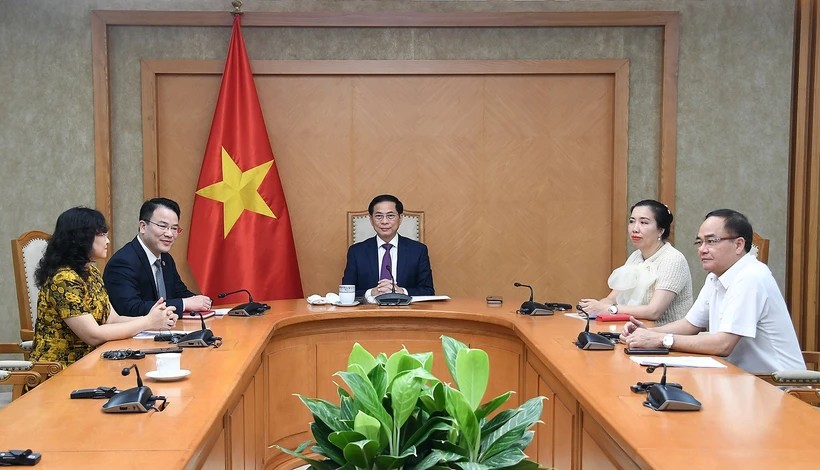 National
National
Vietnam News Today (Apr. 16): EU Eyes Comprehensive Strategic Partnership With Vietnam
 National
National
Ethiopian PM Begins Official Visit to Vietnam
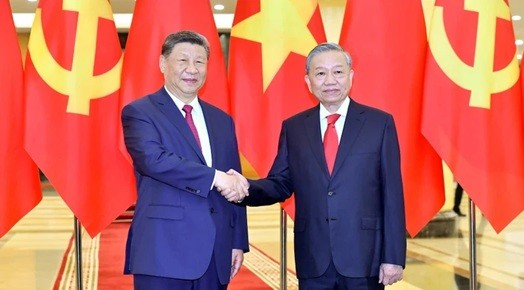 National
National
Top leaders of Vietnam, China hold talks in Hanoi
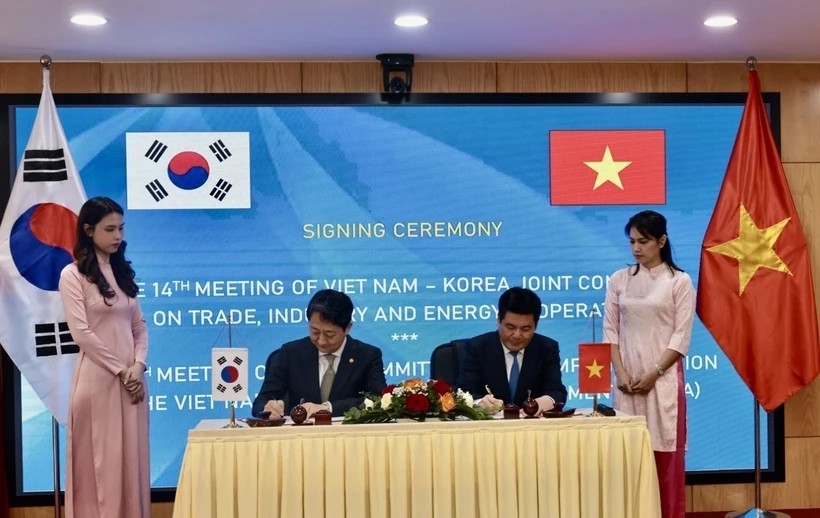 National
National
